10 things nurses wish their patients knew
Remember to be honest, to speak up, and don't forget to stop in and say hello.
Updated on March 28, 2024

Wherever you receive health care, you’ll find nurses. And Americans know they’re in good hands: According to a 2022 Gallup poll, 79 percent of U.S. adults rated nurses as the most ethical and honest when compared to 17 other professions requiring public trust. This marked the 21st consecutive year that nurses ranked at the top of all professions.
As Shelia McGainey Drummond of Sigma Theta Tau International (STTI), the Honor Society of Nursing, puts it: “Nursing isn't just a profession. It is a calling.”
We asked nurses—among them, members of STTI—for the specific things they wish their patients knew. Their answers provide insight into the ways you can partner with your nurse to stay healthy and heal during a healthcare stay.
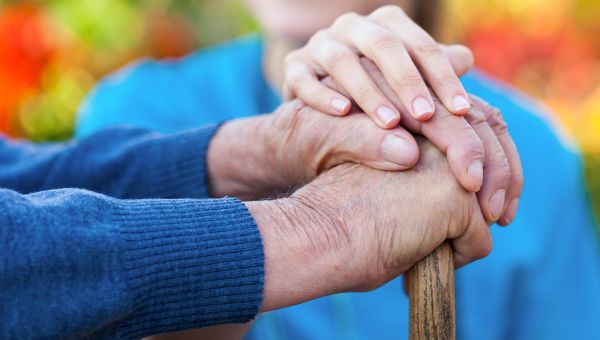
Check In
“Nurses love it when patients come back when they are well just to say a quick hello. That’s one of the greatest rewards for nurses, to see their patients doing well after caring for you.” —Brenda Staley, RN
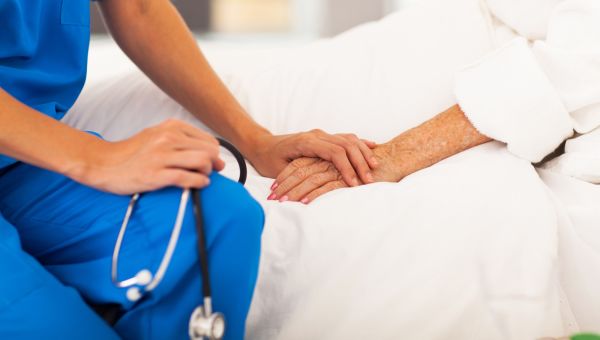
An Oath of Excellence
“Some jobs are physically demanding. Some are mentally demanding. Some are emotionally demanding. Nursing is all three. Understand that nurses have taken an oath to do their very best for you, whenever possible.” —Jennifer Mills, RN
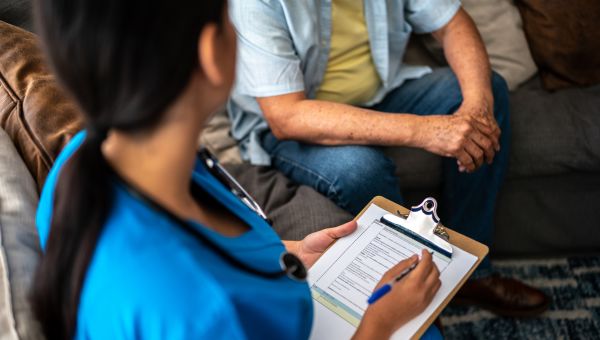
Honesty Really Is the Best Policy
“I wish you would tell the truth when completing your health history. It’s the only way we can truly help you. When you lie about drinking, smoking, or drug use, you are hurting yourself and most likely not fooling your healthcare professional.” —Carole Schmidt, RN
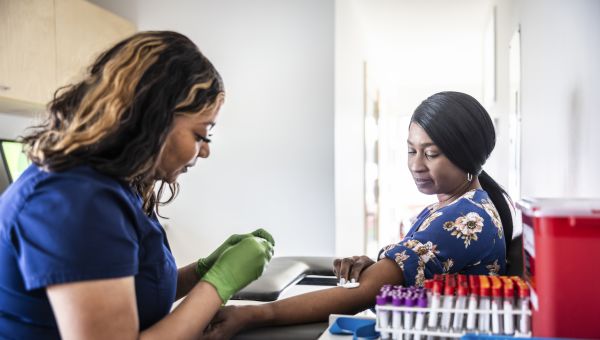
Always Hydrate Before a Blood Draw
“If you’re going to get your blood drawn, drink two or three glasses of water beforehand. If you’re dehydrated, it’s a lot harder for us to find a vein, which means more poking with the needle.” —Abby Huff, RN

Speak Up
“It’s highly important to report any history of adverse reactions to medications or agents in the past. If penicillin made your face swell up and your breathing got funny six months ago, it’s likely to do the same again. Please give your nurse this information along with any food allergy.” —Susan Roland, ANP

Supplements Count, Too
“When your provider asks for a list of the medications you’re taking, make sure you include over-the-counter drugs and herbals. People think that if an herb is 'all-natural' and 'organic,' it’s not a medication. But that’s not true. Herbals can interact with other medications and can cause serious complications.” —Kristin Baird, RN

You’re On My Mind
“I wish my patients knew I think about them even when I’m not at work. I hope they will recover and it breaks my heart to see them in pain. Also, I would like to spend more time with them, but the high nurse-to-patient ratio and tons of documenting makes it quite difficult.” —Ann Hsieh Foley, RN
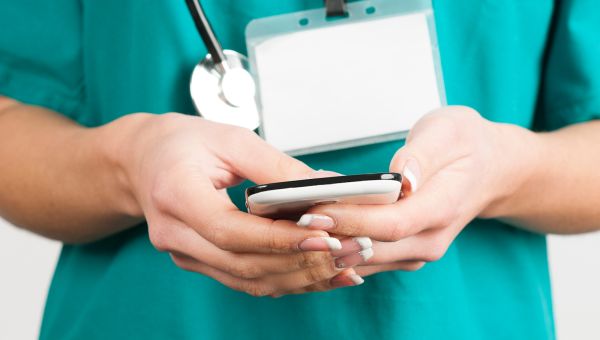
Attention, Please
“With health care records all electronic, a lot of nurses (and other healthcare providers) read the screen while you’re trying to talk to them. If you feel like you’re not being heard, say ‘I need your undivided attention for a moment, please.’ You deserve to have it and shouldn’t have to ask for it, but don’t hesitate to do so if necessary.” —Mary Pat Aust, RN

You’re Not a Bother
“I often hear patients say that they know I’m busy, so they don't want to be a bother. I wish patients knew that, no matter how many people I’m caring for, no matter what I have on the schedule for the day, they are important to me and I will do my best to provide the highest quality care for them. They are not a bother but are the reason I love my job and have gone into the nursing profession.” —Megan Pfitzinger Lippe, STTI
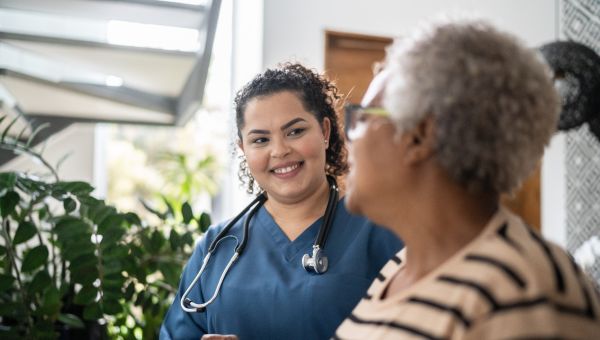
Lasting Impressions
“I wish they knew how much caring for them impacts me. I am an oncology nurse, and each patient leaves a memory for me. Each death breaks my heart, but I can't imagine doing anything else.” —Angela Limburg, STTI

Brenan, Megan. Nurses Retain Top Ethics Rating in U.S., but Below 2020 High. Gallup. January 10, 2023.
More On


video

article

slideshow


video


video
